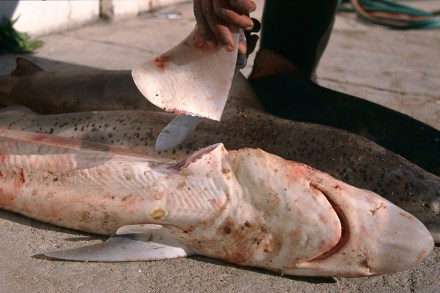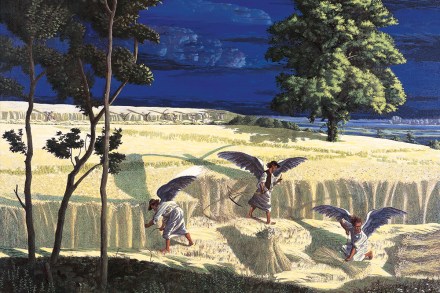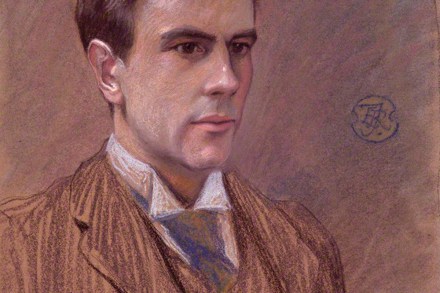Stylish facsimile of Carol Reed’s film: Oliver!, at the Gielgud Theatre, reviewed
TheatreOliver! directed by Matthew Bourne is billed as a ‘fully reconceived’ version of Lionel Bart’s musical. Very little seems to have been reconceived. This stylish and dynamic show develops like an unblemished copy of Carol Reed’s film. Fair enough. Punters want comfort, not novelty when they go to see a 65-year-old musical. Billy Jenkins, as






























